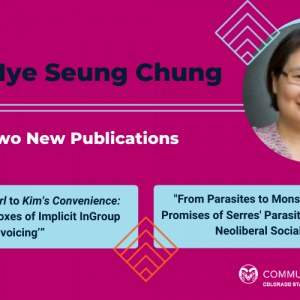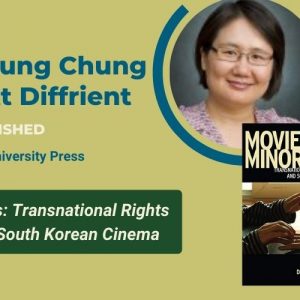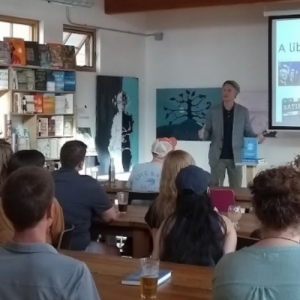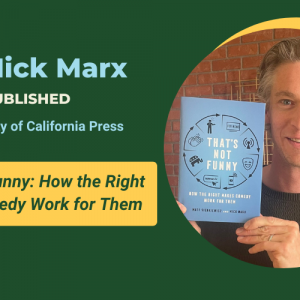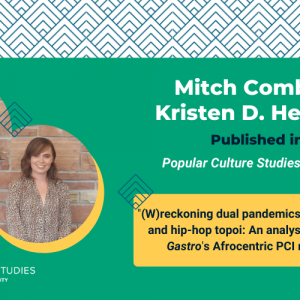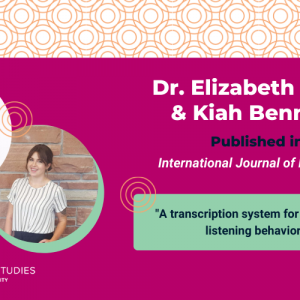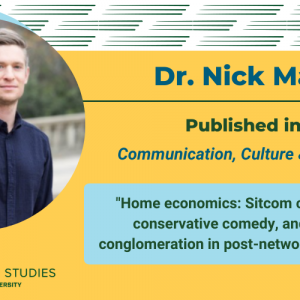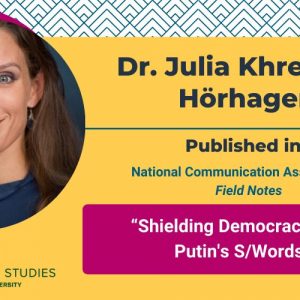A productive year abroad for Professor Hye Seung Chung
Two new publications by Professor Hye Seung Chung This fall, Professor Hye Seung Chung returned from a year in Seoul, South Korea, where she and CSU Professor Scott Diffrient were completing their prestigious Fulbright scholarship research project, “Beyond Anti-Communism and National Propaganda: Reevaluating South Korea’s State Film Censorship of the Cold War Era.” During her […]
